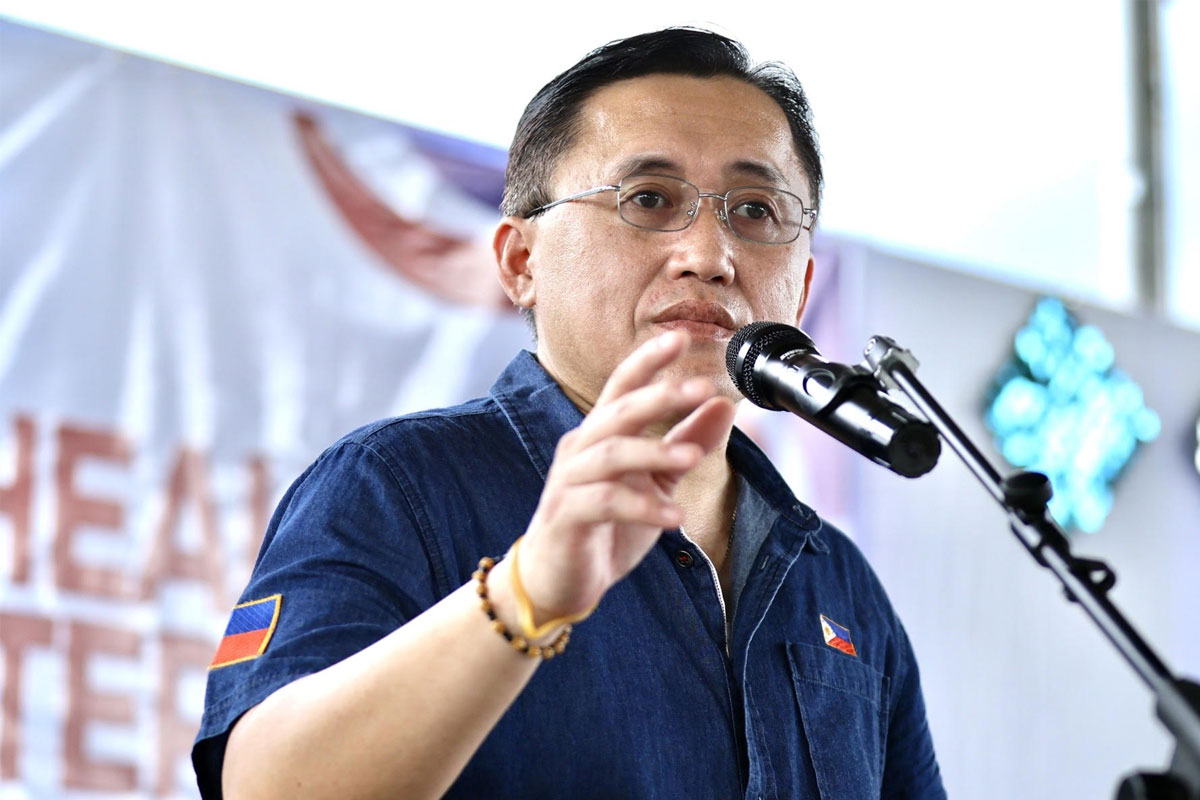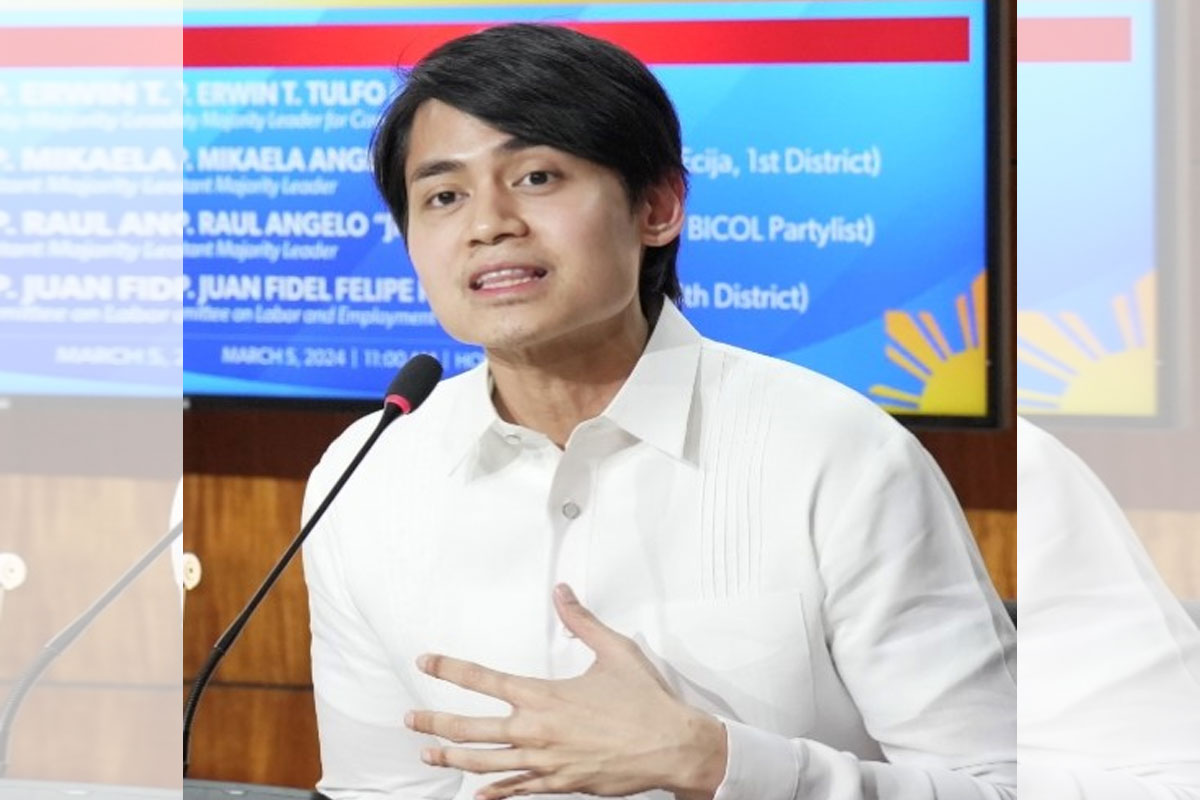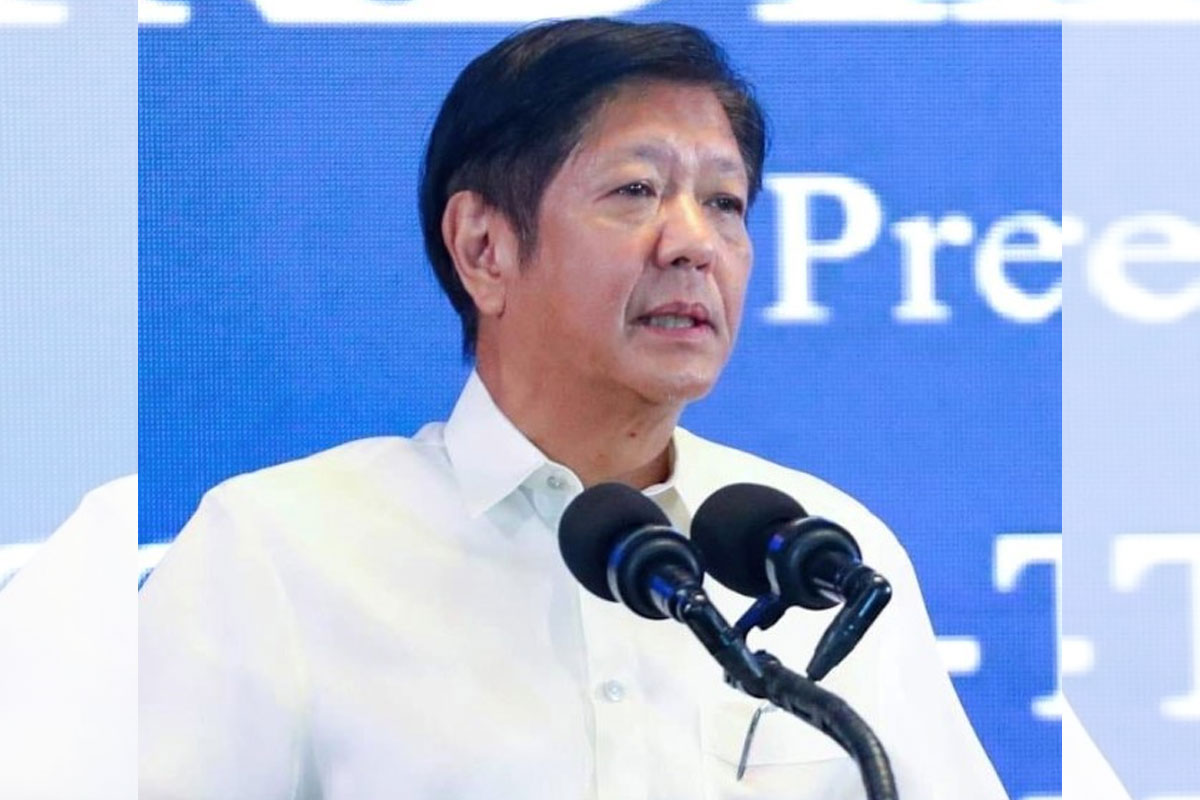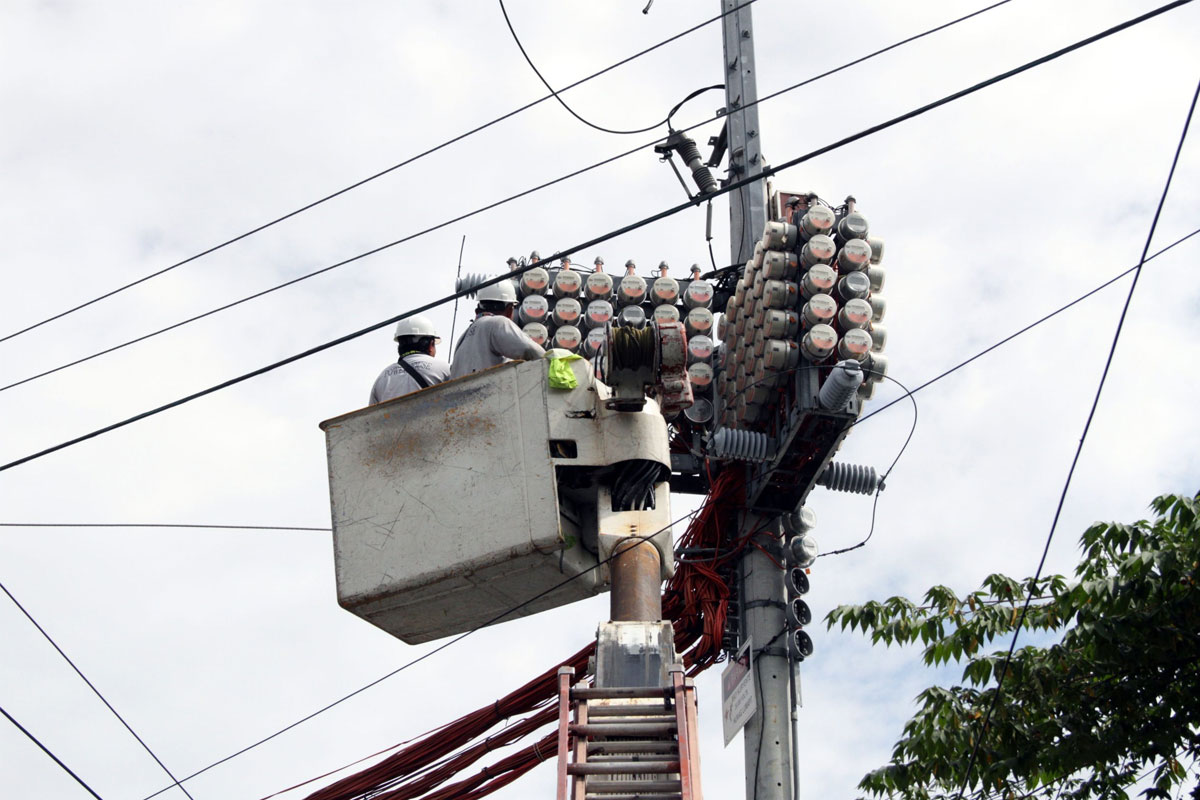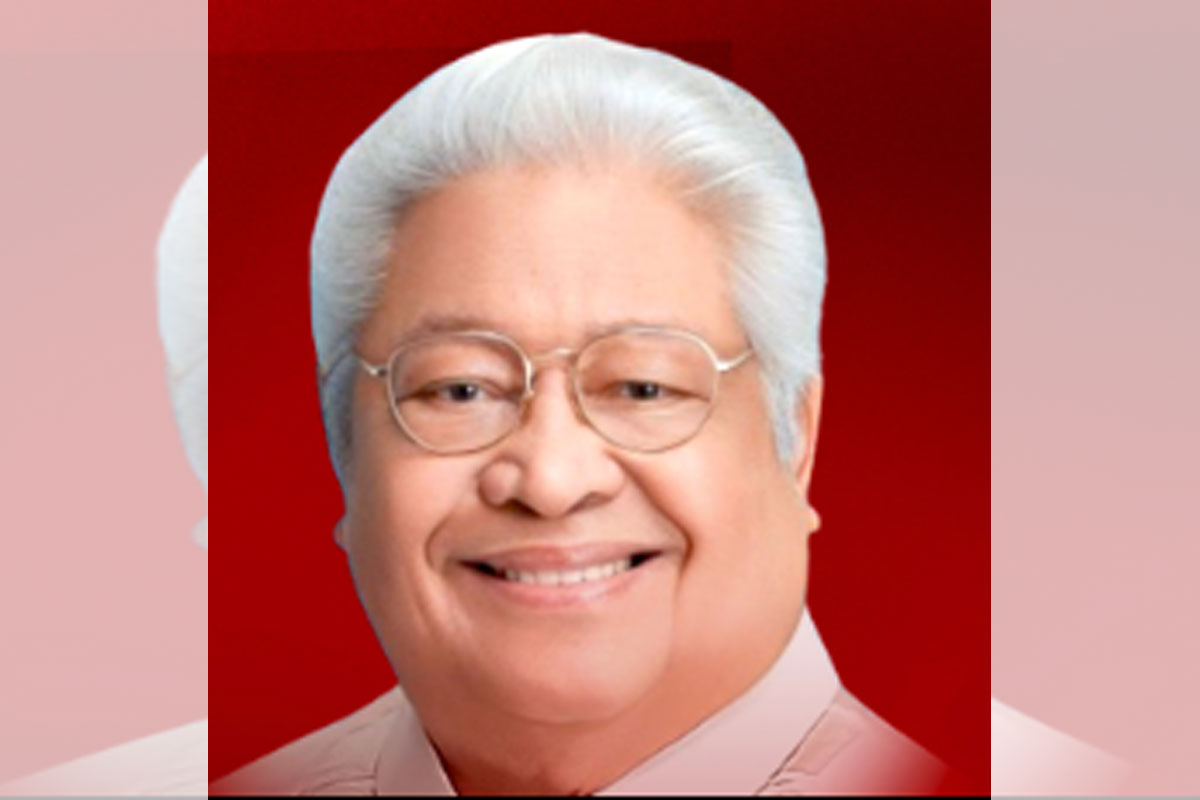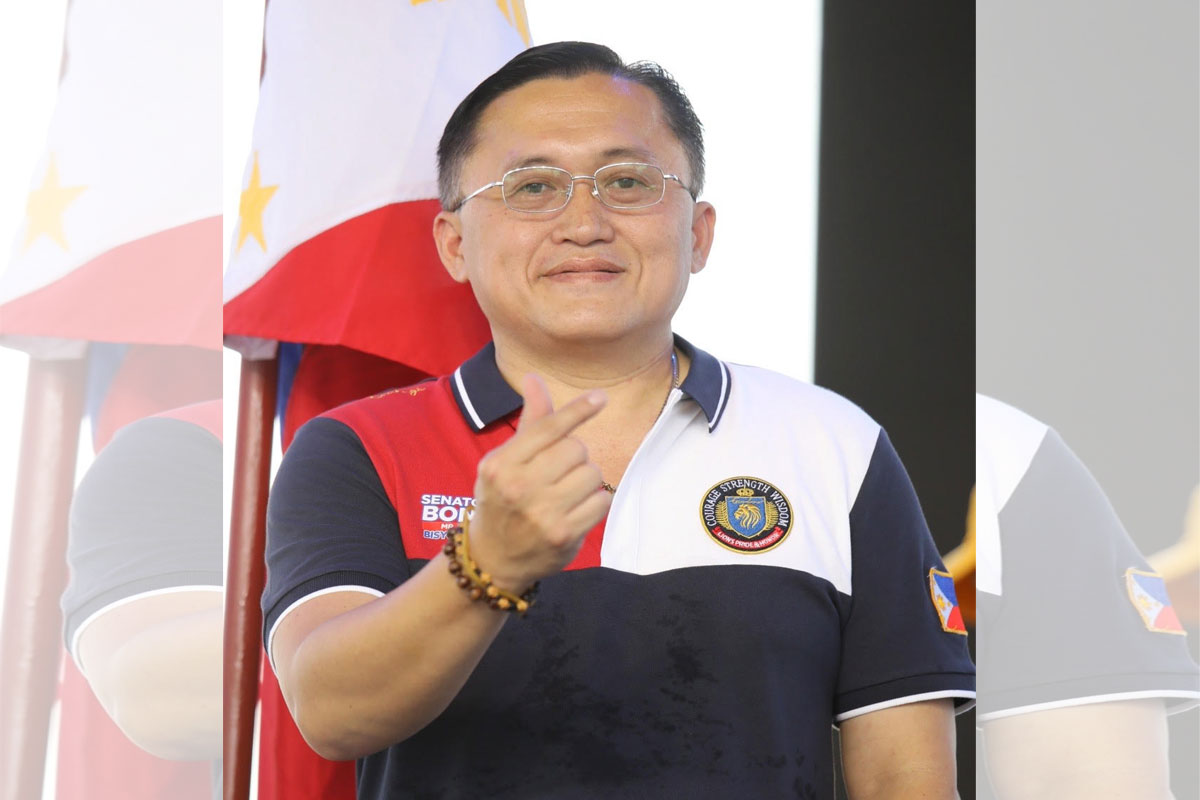
House panel recommends filing of charges against ex-DICT usec
THE House Committee on Good Government and Public Accountability recommended the filing of charges against former Information and Communication Undersecretary Eliseo Rio.
Committee chair DIWA Party-list Representative Michael Edgar Aglipay said the panel’s report on the findings of House Resolution 1751 was approved and adopted by plenary last Dec 15, 2021.
The committee found Rio guilty of negligence in the implementation of the free internet program.
Among the recommendations of the committee are the filing of charges for violations of the Anti-Graft and Corrupt Practices Act and the Code of Conduct and Ethical Standards for Public Officials and Employees over the alleged irregularities in the implementation of the Free Public Internet Access Program (FPIAP).
“After three hearings and almost five months of deliberations and committee report preparation, I am proud to report to our countrymen that we have recommended to file charges against Rio for his negligence in entering with agreements with UNDP and for poor implementation of the project failure to look out for best interest of the filipino people,” Aglipay said.
“We have also been able to pressure the UNDP through the new administration of DICT to return the funds paid to it,” he added.
Aglipay noted that the report is very comprehensive and it shows the negligence of the head of agency at that time to implement a 6,000 site free wifi nationwide.
The funding of the project was P1.3 billion.
According to the report, the partnership between the DICT and the United Nations Development Programme (UNDP) to implement the program was “not the best option.”
It was Rio who signed the DICT-UNDP financing agreement.
Also, the committee pointed out that, the DICT committed nonfeasance when it transferred the management of and funds for the Pipol Konek Project— which is one of the aspects of the FPIAP—to the UNDP.
Moreover, the committee said that the DICT committed misfeasance when it entered into the financing agreement with the UNDP for the implementation of the FPIAP, when the DICT could have resorted to procurement on its own.
In 2018, the DICT and the UNDP entered into a financing agreement aimed at rolling out free wi-fi sites at selected locations to benefit remote communities.
The DICT did not take part in the bidding and selection of UNDP’s suppliers and service providers. Speedcast, an Australian company, was the winning bidder for the first two phases of the program while PLDT Inc. was the awardee for the third phase.
“The committee acknowledges the assistance rendered by the UNDP to the Philippine government in several of its programs. However, it should be noted that the SBAA is permissive, that the DICT is not obliged to seek UNDP assistance to conduct the procurement for the PFIAP,” the committee said.
“Rather, the DICT should have undertaken the creation, establishment, installation, maintenance, and operation of infrastructure, equipment, systems, platforms, applications, and such other FPIAP requirements necessary to effectively provide free internet access in public spaces throughout the country,” it added.
The committee said by transferring the implementation of the Pipil Konek Project to UNDP, including the procurement of the services of the contractor, the DICT “lost its authority over the contractor and its operation.”
The committee report cited Rio who said that the DICT worked with the UNDP “because of its vast experience in supporting a wide variety of developmental projects worldwide.”
At that time, the DICT was just a newly organized agency.


